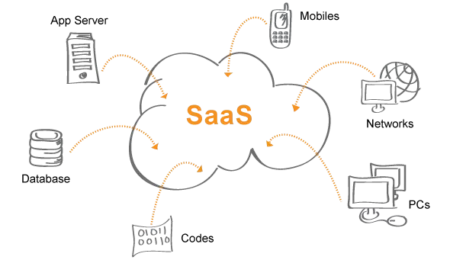Small Business Budgeting: Tips, Strategies and Tools for Success

Starting and running a small business requires careful planning and management of resources, especially when it comes to budgeting. Having a solid budget in place can help you make informed decisions, prioritize expenses, and maximize profits.
Here are some tips and strategies to help you create a successful budget for your small business.
Determine your income and expenses.
The first step in creating a budget is to determine how much money you expect to earn and how much you expect to spend. This can be done by reviewing past financial statements and projecting future sales, as well as estimating future expenses such as rent, utilities, supplies, and personnel costs.
Set realistic goals and allocate resources accordingly.
Based on your income and expenses, determine what you want to achieve financially and set realistic goals. Then, allocate resources accordingly to ensure you have the funds necessary to meet these goals. For example, if you want to increase sales, you may need to allocate more funds to marketing and advertising.
Monitor and adjust your budget regularly.
Your budget should be a flexible document that you can adjust as needed to reflect changes in your business. Regularly review and revise your budget to ensure it remains accurate and relevant. Don’t be afraid to make changes when necessary to keep your business on track.
Make use of budgeting software or tools.
There are many software programs and tools available that can help you create and manage a budget for your small business. These tools can help you track expenses, create financial reports, and monitor your cash flow.
Prioritize expenses.
When creating your budget, prioritize expenses based on their importance to the success of your business. For example, you may need to allocate funds for new equipment or supplies before you can allocate funds for a vacation.
Create a contingency plan.
No matter how well you plan, unexpected expenses will arise. It’s important to set aside a portion of your budget for unexpected expenses so that you are prepared when they do occur.
There are many tools available for small business budgeting, some of the most popular include:
Mint: A personal finance management tool that can be used for small business budgeting. It allows you to track your expenses, create budgets, and monitor your cash flow.
QuickBooks: A widely used accounting software that helps small businesses manage their finances. It includes budgeting and forecasting tools to help you keep track of your spending and plan for future expenses.
Wave: A free accounting software for small businesses. It provides invoicing, receipts scanning, and expenses tracking features along with budgeting and financial reporting.
Excel: Microsoft Excel is a widely used spreadsheet software that can be used for small business budgeting. You can create budget templates and use formulas to track your expenses and revenue.
Personal Capital: A financial management tool that offers a comprehensive view of your finances. It includes budgeting and expense tracking features, as well as investment tracking and retirement planning tools.
You Need a Budget (YNAB): A budgeting software that focuses on helping you live within your means by tracking your spending and creating a budget based on your income and expenses.
BudgetSimple: An online budgeting tool that provides a simple and straightforward way to track your expenses and create a budget.
It is important to choose the tool that best fits your business needs and budget, and that you are comfortable using on a regular basis.
In conclusion, budgeting is an essential part of running a small business. By following these tips and strategies, you can create a budget that helps you achieve your financial goals and keeps your business on track. Regularly reviewing and adjusting your budget will also help you stay on top of your finances and make informed decisions about your business.
Subscribe below to receive business related emails.
subscribe below to receive business/consumer related emails from sumbor.






